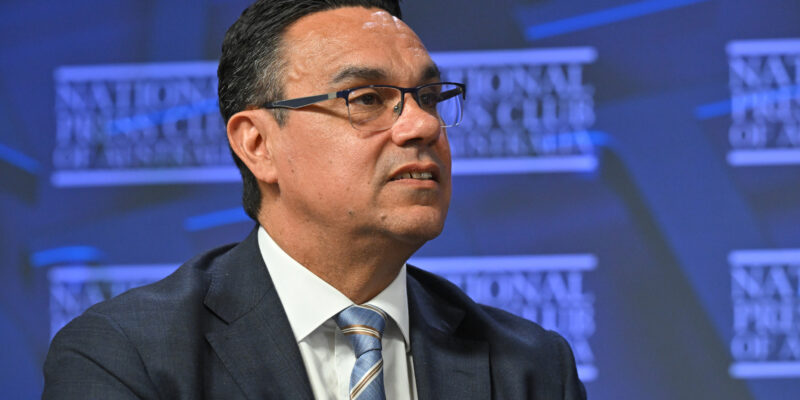UK breach fines far outweigh penalties for actual laundering
Just a small percentage of the Anti-Money Laundering-related fines handed out to UK conveyancers and lawyers are for handling the proceeds of crime.

FINES for UK conveyancers show it’s not always the money laundering, but the compliance that counts
Just a small percentage of the Anti-Money Laundering-related fines handed out to UK conveyancers and lawyers are for handling the proceeds of crime.
The vast majority of those ordered to pay penalties that amounted to more than $1 million in 2023 and 2024 are for failing to have risk assessment policies and procedures in place.
It’s a lesson conveyancers and property lawyers in Australia should heed, warned AMLSorted’s Rhiannon Davies, who is sharing insights on the impact of Tranche 2 reforms that have been in place for almost two decades in the UK.
“A lot of the fines that we’re seeing in the UK – and this is important for law firms and conveyancers in Australia – are not for money laundering that’s actually happened in those firms,” she said.
“It’s because they’ve not put in place the policies that they should have had.
“They’ve not put in place the risk assessment they should have. They’ve not trained their staff like they should have done.”
“The vast majority of the cases in the UK are as a result of not having the right measures in place – rather than actually any money laundering happening.”
The UK’s Solicitors Regulation Authority (SRA), which has a similar regulatory role to AUSTRAC, can issue maximum fines of up to $50,000 for breaches of compliance. The organisation has unlimited fining powers for breaches relating to financial crime, such as money laundering.
The breaches and subsequent fines that are published on the SRA website are on the increase, according to Rhiannon, who is now based in Australia to support conveyancers and lawyers to be ready for 1 July 2026.
“It seems to be every week that something’s coming through around a firm being fined or rebuked,” she added of the tough regime in the UK.
“I like the approach AUSTRAC are taking by trying to educate people on what money laundering is, why it’s important, and why they’re bringing the reforms in.
“This helps firms build a culture of compliance. Without that, AML compliance can be seen as a chore or something to ‘get around’. You can have the best policies in the world but if your team don’t buy into them, they’re worthless”
Looking at how lawyers and conveyancers are preparing for Tranche 2 in Australia, she says some that she has spoken to don’t realise they are already doing some of what is needed from July 1 next year when it comes to client due diligence – a sentiment Australian Conveyancer has covered before here. “I would say conveyancers are a little bit further ahead in that respect.”
But to be AML compliant, client due diligence is just a small part and there is a lot of work that needs to be done before that date.
“Conveyancers and lawyers need to get their AML program in place which includes creating all those documents, such as firm risk assessments, AML policies, client facing documents, training staff, educating clients” she explained. And that leads onto her final point
“From what I am hearing, one of the big changes they’re facing is having to be delve more into the circumstances of their clients, understanding the purpose and nature of the transaction, asking questions where something doesn’t make sense, understanding where they’ve got the money from, and the push back they may get from clients who are not used to being asked these sorts of questions.”






